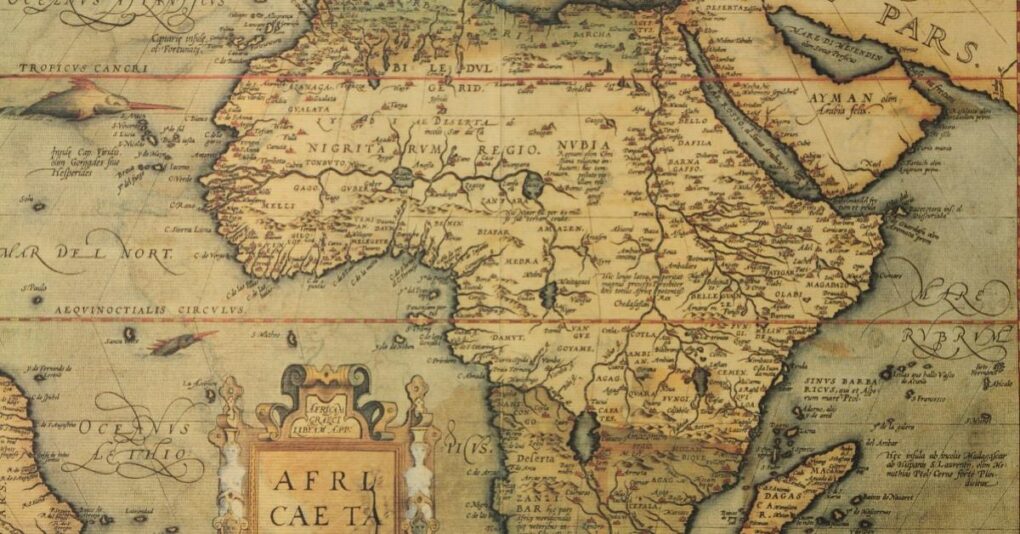
Financial experts are ending up being more appreciative of how historic episodes form future occasions. The renewal of history as an explanatory tool has led financial experts to release a series of papers jointly referred to as the “Deep Roots” literature. These documents cover a wide variety of topics, however Africa has been a strong focus due to its unique history of underdevelopment. Some trace Africa’s fortunes and misfortunes to the character of precolonial organizations.
Thinking about that the transatlantic servant trade inhabits a watershed minute in African history, numerous research studies detail its disruptive effects on African societies. Research reveals that by prioritizing male exports, the trade resulted in gender imbalances and high rates of polygyny throughout Africa. Other research study suggests that the transatlantic slave trade increased absolutism in precolonial Africa by 17– 35 percent, consequently decreasing democracy and liberalism. Prior to the transatlantic slave trade, Africa possessed autocratic organizations, so the slave trade is not the genesis of African autocracy; however, the trade magnified autocratic tendencies.
Arguments have actually likewise been provoked about the effect of the transatlantic servant trade on Africa’s demography, with many competing that it stalled financial growth by significantly diminishing Africa’s workforce. Yet this argument is not without flaws since Joseph C. Miller asserts in a 1982 paper that ecological problems played a more significant role in restricting population development and stirring social change in West Central Africa than did the impact of servant exports.
Group modifications were an apparent result of the transatlantic slave trade; nevertheless, the trade did not impact all areas of Africa equally. Remarkably, research studies on the trade’s group effect are ending up being infrequent, and more scholars are exploring the trade’s repercussions on entrepreneurship. Entrepreneurship is a collaborative endeavor, so it is most likely to scale in high-trust environments, however the servant trade fractured trust and social cohesion in Africa.
The servant trade developed rewards for people to betray allies by selling them into slavery. Due to the strength of the slave trade, people became less relying on of friends and strangers. Testing the association between modern establishing countries and historical shocks, Ikenna Stanley-Paschal Uzuegbunam and coauthors conclude that social entrepreneurship has actually been hindered in places where the slave trade fomented skepticism. Locations that were exposed to the slave trade still struggle with low trust and, as a result, are most likely to struggle in developing community business.
Similarly crucial is a paper by Lamar Pierce and Jason A. Snyder articulating that companies in areas that have actually suffered great exposure to the slave trade are most likely to show concentrated ownership or be sole proprietors. A possible explanation is that the servant trade compromised organizations and reduced social capital. With lower social capital, entrepreneurs will be demotivated to formalize companies into minimal liability companies. In the long term, this adversely impacts one’s capability to raise capital from big and impersonal groups.
Apparently, the slave trade has negative effects, but did it cause anything positive? James Fenske, in an evaluation of Africa’s economic history, mentions data arguing that the servant trade made affected places more business:
Evans and Richardson (1995) note that, after 1700, slaves were captured for export from additional and additional inland. This necessitated the introduction of new long-distance trading networks, the expansion of servant caravans, and the development of credit arrangements. This growth may also have actually encouraged division between the enslavement and marketing functions, enabling coastal states to end up being more commercially oriented.
Similarly, according to the 2017 research study of Gabriele Cappelli and Joerg Baten, towns that were exposed to the servant trade benefited from European human capital, experienced advancement, and had a more numerate population. Even More, Adeel Malik and Vanessa Bouaroudj posit in an interesting paper that individuals whose ancestors were traditionally exposed to the servant trade have greater levels of instructional achievement relative to people from ethnic backgrounds with less exposure to the servant trade. Malik and Bouaroudj keep in mind that these results are mostly driven by seaside nations and, on another note, could suggest the transmission of European human capital.
Connecting present developments to past episodes is challenging, and the impacts of the past can disappear. However, even when these effects stay, nations are still not shackled to the past. Undoubtedly, the slave trade resulted in some negative impacts for Africans, however it likewise resulted in favorable results. Admitting so is merely a statement of reality instead of a recommendation of European imperialism.

